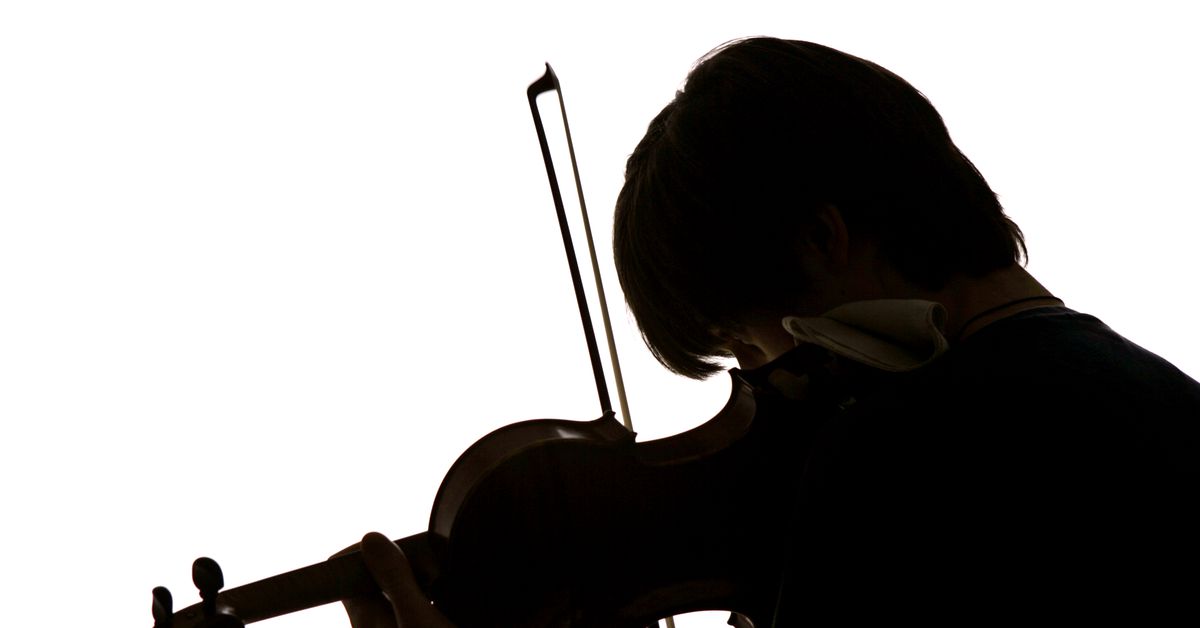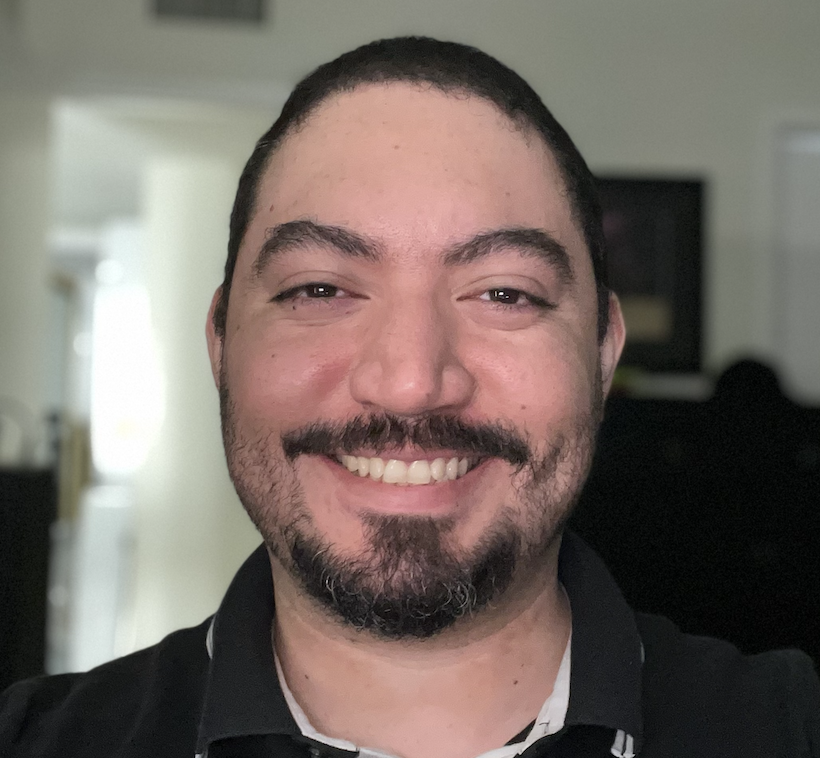- cross-posted to:
- hackernews@derp.foo
- cross-posted to:
- hackernews@derp.foo
tl;dr: practice provides an 18-26% improvement, and the rest I guess is just natural talent?
I would say type of practice,as well as understanding what exactly you are practicing, is important as well. If you practice 10k hours but you are practicing with poor technique or sub optimal methods you will only get so far
Yeah, there’s a lot to be said for what the quality of the practice is. Someone just practicing something for 200 hours could see less (relative) improvement than someone who, for instance, records themselves doing something and watches it back so they can find the things they really need to focus on, and then practices those things for 50 hours. Coaching themselves, essentially.
Of course, it may just be that more focused, high-quality practice just lets people reach their ceiling faster and doesn’t actually give them any long-term advantage - I don’t know. It’s something that would be interesting but difficult to study.
As I’ve grown older I’ve consistently proved to myself that if I keep at something I do get better at that thing, even if it’s a slow process. It’s tough, but long term goals, and persistence does pay off.
Source: playing piano, learning to code, learning a new language. I still suck at all the above, but each day brings me closer to not sucking.
As for ten thousand hours, my advice would be don’t count hours, and learn to enjoy the process of learning.
and the rest I guess is just natural talent?
The article links another one by Slate that mentions genes and age (when starting the activity). The main article also mentions personality and life history.
Genes seems to be a big one though, at least in the Slate article, and I suppose natural talent necessarily has a genetic dimension to it.
So, why read the Vox “article” when I can just read the Slate one?
Makes sense to me. You are either capable or incapable of doing something (badly and otherwise). Practice is just refinement over that.
Bullshit, that’s just a excuse for the lazy. Unless your body isn’t able to do something due to a condition, you can achieve mastery on everything. Talent will heavily reduce training hours, though…
Not really, it’s just that the sheer quantity of hours has been find to be less important than the original study presented. Essentially, with good aptitude and quality practice, you don’t actually need 10,000 hours to reach the top percentile.
The author of this article seems to have taken this in some weird directions. They have had personal experiences of being pressured to practice long hours at something they struggled in. They find relief in the new study, which they allegedly believe validates the idea that it was a hopeless endeavor. I’d argue that the fault didn’t lie with the 10,000 hour number, but rather with thier family who pushed the author too hard to succeed in a sport they probably weren’t improving at, Rather than reevaluating motivating factors or approach.
Of course 10,000 hours is arbitrary. I’m just saying, the study doesn’t assert that inherit talent even exist, let alone is the primary factor. It only contradicts the number of hours.
I like this author’s attitude. I scoffed a bit when I read about “joy that can be found in mediocrity” but he’s right that you can (and should) just do something because you enjoy it or it’s good for you.
Half-assed means I showed up, tried for a bit, and decided “nah” not ready/worth the entire butt.
Thats more than nothing.
This is the best summary I could come up with:
Covering psychology the past several years, I’ve grown used to reading about how classic, viral experiments in the field are failing in rigorous retests.
He dubbed it the “10,000-hour rule.” “Ten thousand hours is the magic number of greatness,” Gladwell wrote, drawing on anecdotes from famous success-havers (like Bill Gates and the Beatles), but also on the 1993 paper (which according to Google Scholar has been cited more than 9,800 times).
The replication — conducted by Brooke Macnamara and Megha Maitra of Case Western Reserve University — included a somewhat larger sample size and tighter study controls, and was preregistered (meaning that the scientists locked their methods and analysis plans in place before they collected any data, preventing them from retroactively changing their premise to fit their findings).
Because implied in the rule (at least, to me) is a deeply self-deprecating message: that if we fail to achieve greatness, it’s our own damn fault.
The 10,000-hour rule is compelling in a world that clings to the idea that people rise up through society based on merit.
The debunking studies do provide an optimistic takeaway of their own: We can all improve when we put our mind to it, but we don’t have to hold ourselves to an impossible standard.
The original article contains 913 words, the summary contains 209 words. Saved 77%. I’m a bot and I’m open source!
Bill Gates the success haver












